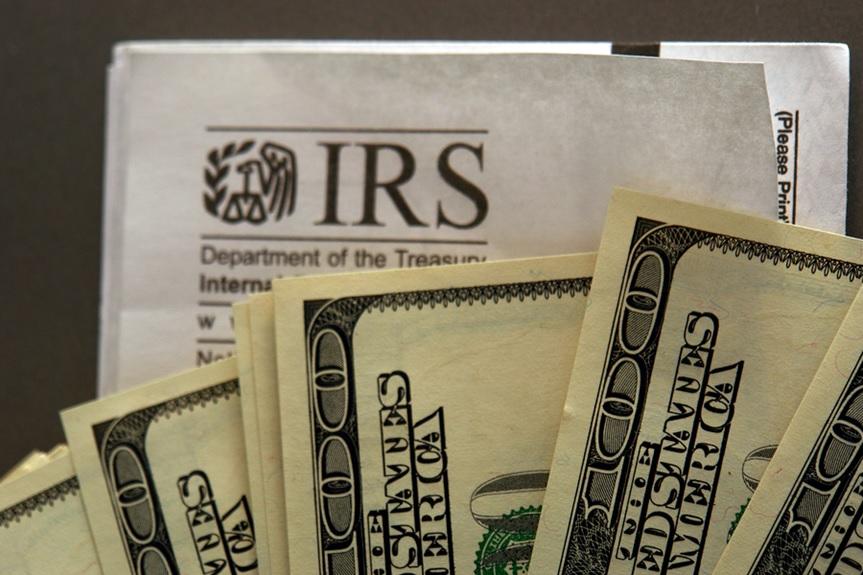IRS Scam Alert: Don't Be Scammed By Fake IRS Communications (Especially If You Owe Back Taxes.)
If the IRS needs to get in touch with a taxpayer, they send a letter— not an email, not a phone call, and definitely not a message over social media. Especially in cases of tax fraud.
So, if you got a voicemail threatening you about issues with the tax return you filed or back taxes you owe, it’s most likely the latest IRS phone scam.
The IRS even issued a warning during tax season last year about “a new twist on an old scam” that Americans need to watch out for. It said scammers file a fake tax return with stolen personal information, like your Social Security number, and then use actual bank account information to have the refund deposited into your own account.
Then they call to collect, posing as the IRS or debt collectors demanding the return of the fraudulent tax refund. In some cases, the caller threatens criminal fraud charges, an arrest warrant, and to “blacklist” the taxpayer’s Social Security Number.
What to do if you receive an IRS scam call or a fraudulent tax refund
Never return a phone call from someone claiming to be with the IRS. Instead, individuals should call the IRS directly at 800-829-1040, and businesses should call 800-829-4933.
The US Department of Justice says the IRS never discusses personal tax issues through unsolicited emails or texts, or over social media. Always be wary if you are contacted by someone claiming to be from the IRS who says you owe money, even if you really do.
If you receive an unexpected and suspicious email from the IRS, forward it to phishing@irs.gov.
Tax Relief Articles

Remember these important anti-scam guidelines:
Never trust caller ID Scammers can easily exploit caller ID technology to display false identities, including law enforcement or even IRS employees.
Know how to identify red flags Are you being pressured to send money or urged to act quickly? These are common ploys used by scammers. If something feels off, trust your instinct.
In many of the most common types of general scams, you may be:
- Pressured to send money
- Threatened with law enforcement action
- Told to purchase gift cards and provide codes as a form of payment
- Asked to cash a check for a stranger
- Instructed to make a cash deposit for sweepstakes
- Offered more than you are asking for something with a request to send the overpayment elsewhere
If you provide your information or send money to a scammer, there is often little you can do to get your money back.
So, what should you do if you really do owe the IRS back taxes or have unfiled returns?
If you owe more than $10,000 (or any amount) in back taxes to the IRS and cannot afford to pay it, the absolute worst thing you can do is ignore the problem. Penalties (fines) and interest will add up quickly.
Keep ignoring the IRS and they will get your attention, as they have the power to garnish your wages and freeze or seize your bank accounts. Most people do not want to deal with the IRS themselves and for good reason: the outcome is usually not in their favor.



You have valuable taxpayer rights. But what are they and who should you call for expert advice? The simple answer is: Taxpayers Clinic
We are the nation’s oldest professional firm devoted to the resolution of Internal Revenue Service collection matters and the acknowledged leader in our field. We pride ourselves on our integrity and our commitment to our clients.
Call Us For Your Free Consultation Now (800) 398 -7064
